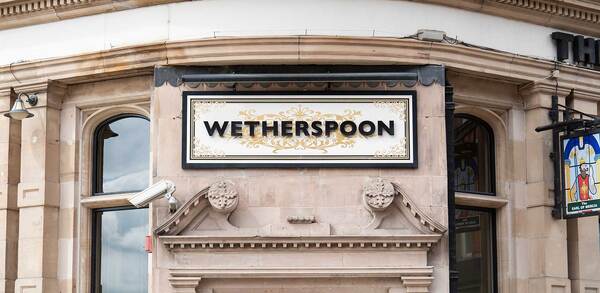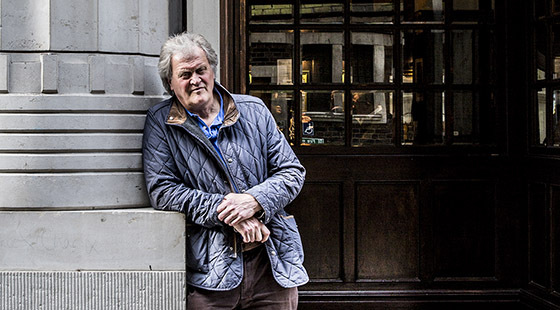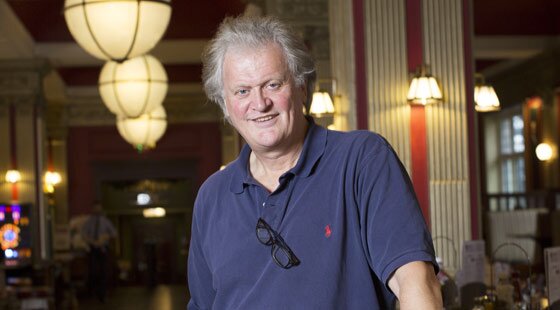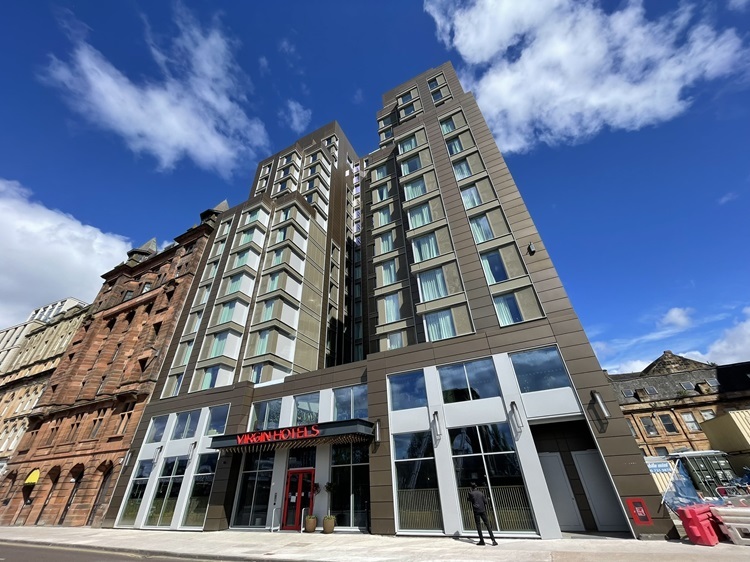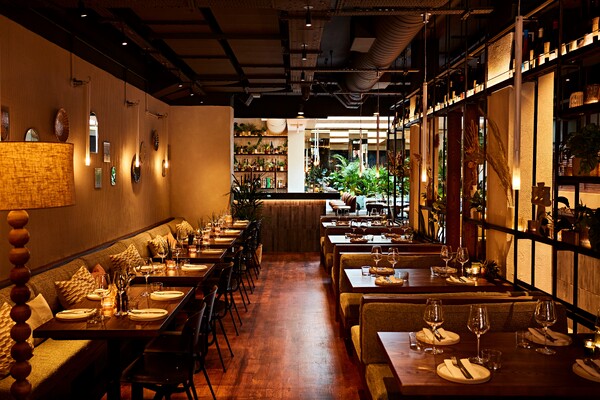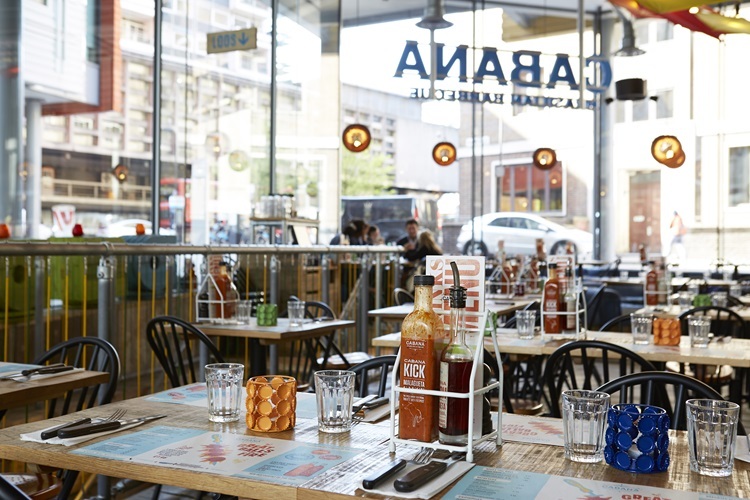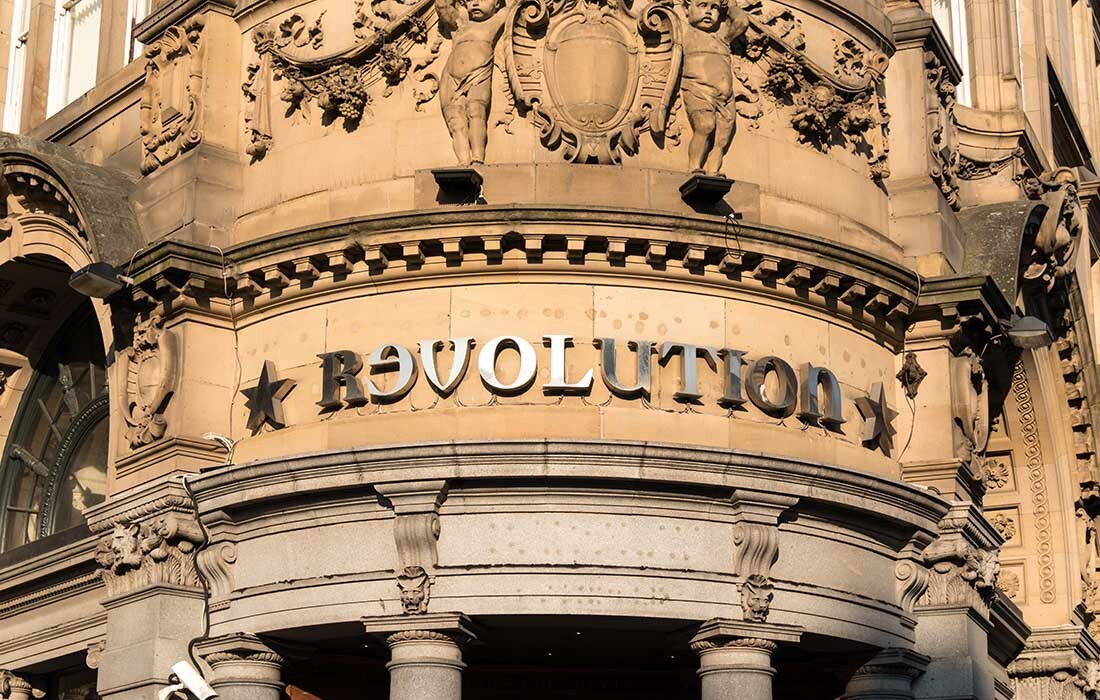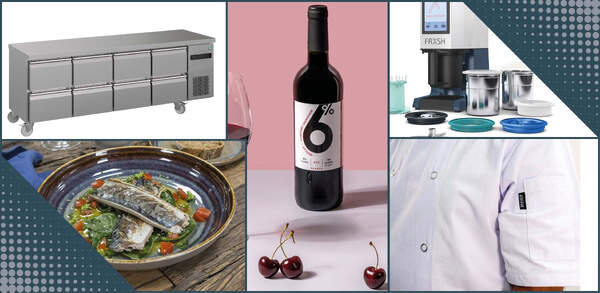Wetherspoon calls for tax cut on pub food
The pub giant is calling on the government to redress the imbalance between pubs and supermarkets as it reveals strong sales for the last six months.
JD Wetherspoon chairman Tim Martin has called on the government redress the VAT imbalance between hospitality operators and supermarkets.
Martin said labour-related cost increases due to come into effect from 1 April would increase the pub chain’s costs by “by around £60 million per annum”.
The chairman pointed to the bigger impact minimum wage increases will have on the hospitality sector than supermarkets.
Martin said: "[Supermarkets] pay no VAT in respect of food sales, whereas pubs pay 20%. This tax advantage allows supermarkets to subsidise the price of beer they sell,” he said, using evidence calculated from Morgan Stanley that stated beer volumes in the on-trade have decreased by 52% between 2000 and 2023.
“It is a clear principle of taxation that taxes should be fair and equitable, as between different types of companies. The VAT distortions that exist today will inevitably create more supermarkets and less pubs.
“Given the public’s love of pubs, the only possible explanation for this tax discrepancy is that prime ministers and other legislators, in the 45 years since Wetherspoon started trading, have been dinner party goers, rather than pub goers.
“Food at dinner parties is VAT-free, subsidised by the legendary ‘man on the Clapham omnibus’, who has fish and chips at his local pub.
“Wetherspoon therefore calls upon Sir Kier Starmer to redress this imbalance, thereby striking a blow for tax equality and ending discrimination in favour of dull (yawn, yawn) dinner parties.”
Despite rising costs, Martin said he was “confident of a reasonable outcome for the year, although forecasting is more difficult, given the extent of the increased costs”.
The pub chain revealed a like-for-like sales increase of 5.1% over the 25 weeks to January 19 2025 compared to the previous year.
Bar sales increased 4.5%, food 5.6% and slot machines 11.7%. Hotel room sales, meanwhile, decreased 6.5%.
Sales over the three-week Christmas period increased 6.1%.



